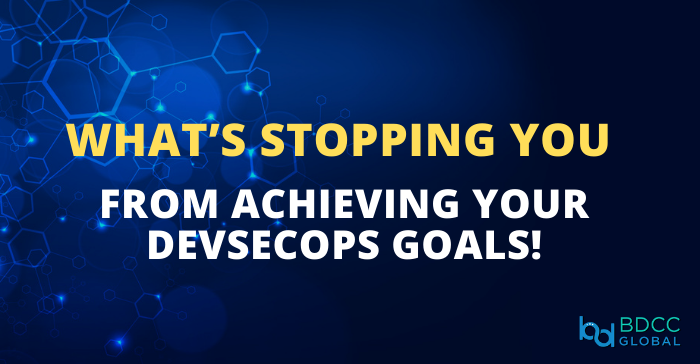
This blog is dedicated to the cybersecurity challenges attached to the production automation in the software development industry. In easy words, we are going to talk about overall security operations and DevSecOps implementation.
According to a study conducted by Gartner- “by 2021, DevSecOps practices will be embedded in 80 percent of development teams and more than 70 percent of enterprise DevSecOps initiatives will have incorporated automated security vulnerability and configuration scanning for open source components and commercial packages.”
The difficulties with managing extensive IT projects-
If you ask me, what is the biggest challenge IT companies are facing today? My answer will be providing a quality product in the limited time-frame without any kind of failure or security vulnerabilities.
The top conflict is to provide new and increased capabilities every now and then without risking with security and reliability. How can one keep things secure when he is supposed to change and modify them continuously?
Modern programming languages, modern cloud architectures, automated engineering practices are the demand of the day. They make software development on a large scale, possible and very much practical. But every new technology has its own kind of security vulnerabilities.
Isn’t it impossible to keep up with the security standards with the rapid changes in the IT sector? No, it’s not, the hotshots of IT industry like Microsoft and Google are doing it all the time. They are delivering new updates almost every day. So now the question is how are they doing it? The answer is because of the resources available in the IT world itself. This is a solved problem but companies are not adopting the solution.
Challenges of implementing DevSecOps-
Although companies have accepted DevOps to fight the tight deadlines, these Agile methods have brought their own challenges with them. Integrating security testing tools is certainly one of those challenges.
outdated manual engineering system has proved itself the biggest speed breaker on the path of DevSecOps. DevOps works best with small and rapid development cycles(weeks or days) and traditional security practices can revoke even the most efficient DevOps initiatives.
With DevSecOps, the end to end security integration requires the control of the whole development cycle. The developers are bound to their habits of performing testing tasks manually and they find it very difficult to upgrade themselves according to the automated processes. But it seems impossible to manage the burden of deploying and testing complex projects by human hands, where a single mistake can be a threat to the safety of the entire organization.
Some companies complain that they don’t have enough budget for DevSecOps. While they need to understand that a security failure can cost them a fortune and the reputation of their company is on stake too.
The solution
It’s no intelligence to wait until your name pop-up into the headlines for losing customer data or delivering a faulty product that caused you a court case.
According to Aaron Contorer, CEO at FP Complete “Even if we set up a server correctly three times, that doesn’t mean the staff will get it 100 percent right the fourth and fifth times when updating the software, scaling up capacity, or recovering hastily from an outage. Anything in your network and servers that must be properly configured, must be automatically configured.”
When you have large projects you can’t depend on humans for every task. If you want a metal sheet folded the same way multiple times, you buy robots. You don’t have to build the robots you can simply hire the professionals to implement them. Same applies for the DevSecOps and other automated security tools. Many ready to be implemented and market-tested tools and methodologies are available. You just need to hire some professional DevOps development consultants and they will help you to make the whole production work secure.
Source- CSO-Online, DZone, Redhat, ITProPortal
BDCC
Latest posts by BDCC (see all)
- Four Steps to Balance Agility and Security in DevSecOps - April 22, 2025
- Enhancing Security Posture with Azure’s AI-Driven Threat Detection - April 15, 2025
- Why Golang is Becoming the Go-To Language for DevOps Engineers - April 11, 2025

